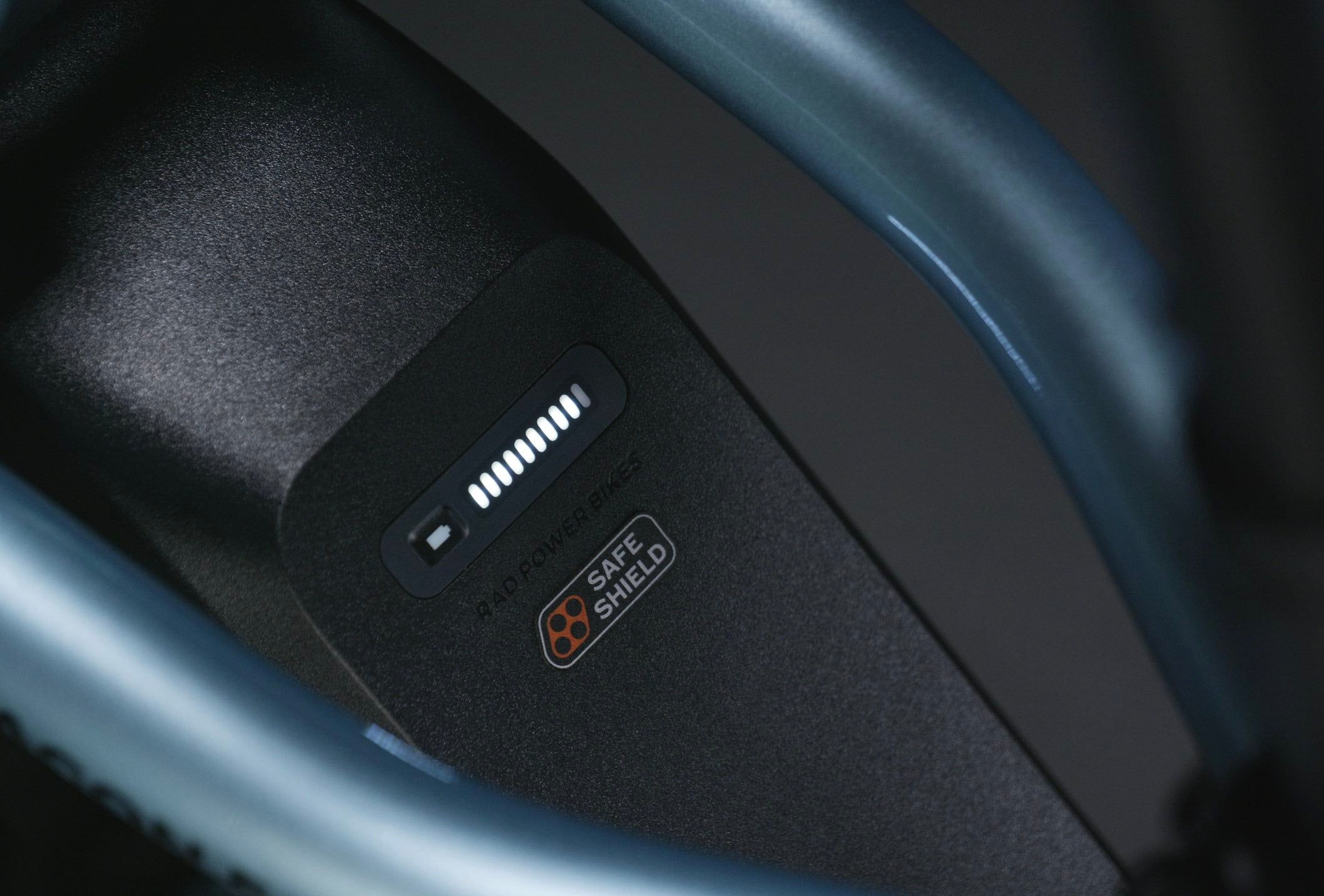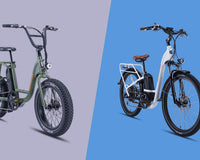You might have noticed that Rad Power Bikes has started talking about how our new lineup of ebikes and batteries are “UL Certified."
In short, this label represents that our bikes have gone through a series of rigorous safety tests performed by UL Solutions, a respected third-party organization.
If you’re curious about why UL Certification matters, what the testing process looks like for electric bikes, or what this means for you as a rider, we’ll break it down for you!
Who are UL Solutions?
UL Solutions is a global leader in applied safety sciences, and you’ve probably seen their certification mark on everything from washing machines to blow dryers.
If you take a look into their history, it turns out that they have over a century’s worth of experience under their belt. Back in the early days of electricity when standards were haphazard, the organization set up one of the first labs to test products for fire safety.
Fast forward to today, and they’re now breaking similar ground by setting new standards for the ebike industry.
What does UL Solutions do?

As an independent organization, UL Solutions is responsible for evaluating, testing, and certifying thousands of products — including electric bikes.
In Rad’s case, they’ve investigated our new lineup’s electrical systems, including the drive train, battery, and charger, to demonstrate their adherence to safety standards.
Spoiler alert: Rad passed!
Both the batteries and electrical systems for the Radster Road, Radster Trail, RadWagon 5, and RadExpand 5 Plus are certified to UL 2849 and 2271 standards, which apply to personal mobility devices and batteries respectively.
Getting a little bit deeper into the weeds, the UL 2849 testing process ensures electrical, fire, and shock safety for owners of ebikes with rechargeable lithium batteries.
As for UL 2271, that tests ebike batteries for safety against overcharging, short-circuiting, and temperature abnormalities and ensures that battery packs have adequate measures in place to prevent fire and explosions.
Why does UL certification matter?

Aside from extra peace of mind, there’s a whole load of reasons to get a UL Certified electric bike.
- The National Fire Protection Association (NFPA) has called on consumers to “only purchase ebikes and e-scooters that are listed by a nationally recognized testing laboratory and labeled accordingly.”
- The U.S. Consumer Product Safety Commission (CPSC) urges the entire ebike industry to adhere to UL standards, and say that doing so “significantly reduces the risk of injuries and deaths from micromobility device fires.”
- In New York City, local officials signed a law requiring all electric bikes sold in the city to adhere to UL standards.
- Even if you don’t live in New York, other local communities may adopt similar measures, so going with a UL certified ride is a great way to protect your investment.
Are all ebikes UL Certified?
All Rad ebikes are UL Certified or tested by ACT compliant to UL 2849, but there are currently no national standards that require ebikes to be UL Certified.
As a result, non-certified ebikes and accessories are still on the market, particularly among less reputable online retailers.
While they're not just unsafe for consumers, they also threaten to derail the environmental benefits that come with the growing popularity of ebikes.
As the Verge explains it, "the risk of deadly fires stemming from cheaply made batteries has become an unfortunate side effect that risks derailing the momentum of an important climate change fighting tool."






